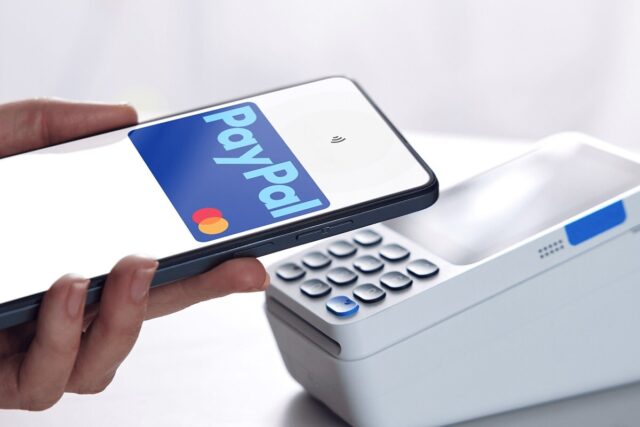April 07, 2025
Aussie dollar dips, festival ticket scams rise, and Publix faces checkout fraud claims

Aussie dollar slumps to Covid lows, driving up prices
The Australian dollar has plunged to its lowest level since 2020, falling to 59.64 US cents amid fears of a global recession triggered by Donald Trump’s proposed tariff plan. This sharp drop will mean higher prices for imported goods and overseas travel, particularly from the US, Europe, and Asia.
E-commerce and retail experts warn shoppers may soon face price hikes, with many goods pegged to the US dollar. The fall also impacts travel to destinations like Japan and Indonesia. The downturn reflects fears of a global trade war and reduced demand for Australian commodities, especially from China.
Ticket scams surge amid festival FOMO
According to Nationwide, one in four Britons have fallen victim to ticket scams for high-demand events, losing an average of £82. With Glastonbury’s resale looming, scammers exploit fans’ fear of missing out. A third of scams begin on social media, with victims often tricked into bank transfers.
Young adults (25-34) are most at risk, with 40% admitting they’d risk fake tickets to attend. Past scams around Taylor Swift, Oasis, and Lady Gaga show the scale of the problem. Nationwide warns that high demand and limited supply create a “perfect storm” for fraudsters preying on desperate fans.
Publix faces class-action lawsuit over alleged self-checkout overcharges
Publix Super Markets faces a class-action lawsuit in Miami federal court, accusing its self-checkout systems of systematically overcharging customers. Lead plaintiff Wendy Koutouzis alleges that scales at self-checkout stations inflate item weights, especially for meats and cheeses, resulting in higher prices.
The suit also claims the system fails to apply advertised discounts on weighed produce during sales, instead charging inflated, non-discounted prices. The legal action seeks compensation for affected customers across seven states and demands Publix stop the alleged practices. The lawsuit also calls for the retailer to cover legal costs. Publix has yet to respond publicly.



